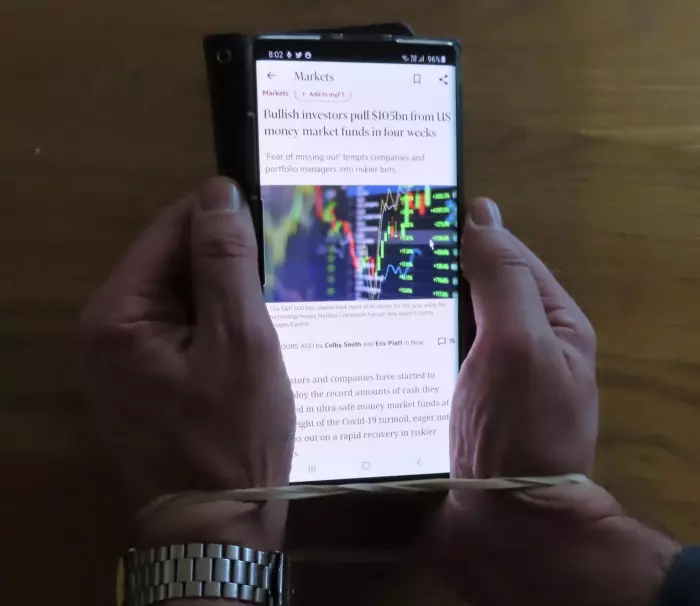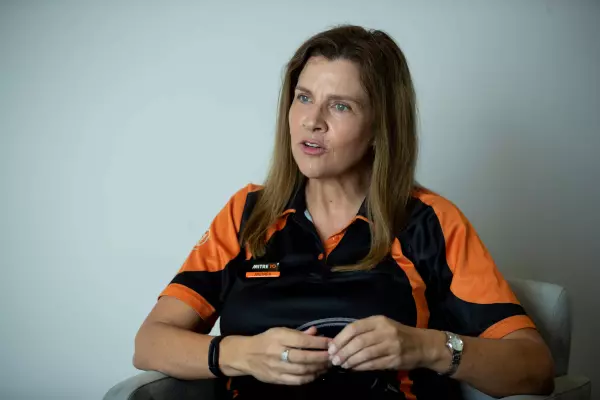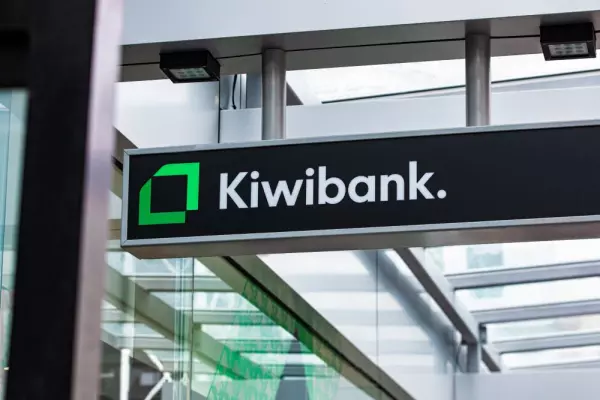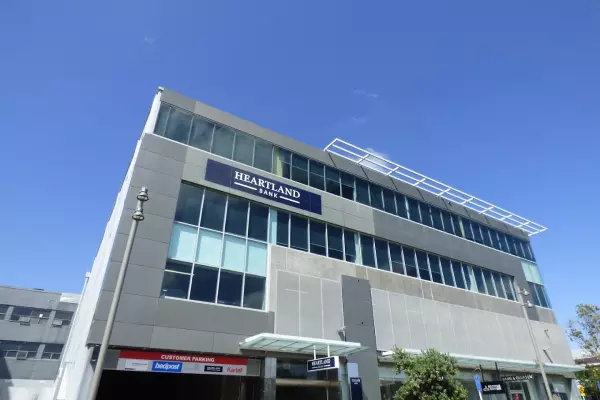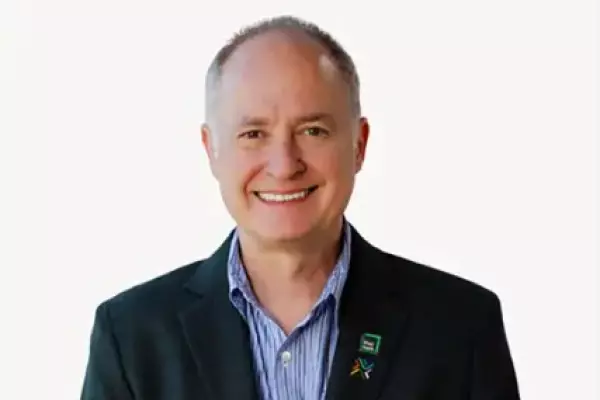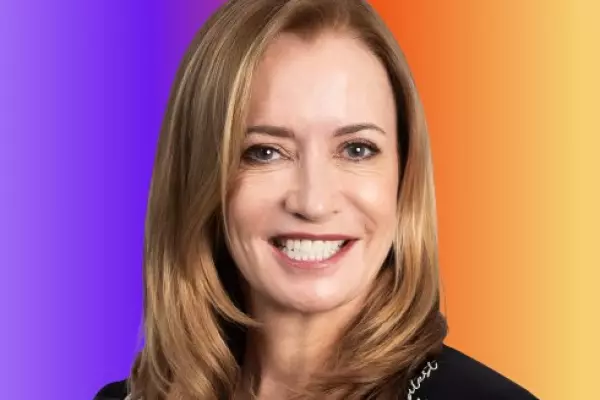The death of a day-trader in the US last week set the ball rolling on a serious debate about an old game played with new tricks.
Alexander Kearns, a 20-year-old University of Nebraska student, stepped in front of a train after learning his ‘Robinhood’ online share investing account was US$730,000 in the red.
Except it wasn’t. According to reports, Kearns had interpreted the Robinhood readings as real losses rather than interim results of an options-trading strategy he didn’t understand.
A spokesperson for his family told US media Robinhood must bear some responsibility for the loss (of life, not money).
“They’re asking millennials to trust them with their savings, and they’re turning it into, in my opinion, into a game,” the Kearns family representative said.
“They’re not thinking about basic design flaws – anyone who cares about financial responsibility to anyone wouldn’t put a negative cash balance in front of somebody without some sort of warning or reasonable customer support.”
In response, Robinhood made some changes to its app “customer experience” and donated $250,000 to the American Foundation for Suicide Prevention.
Hook-up platforms
Robinhood, which offers zero brokerage online trading accounts in the US and UK, has been on a tear of late. During the first three months of 2020 the online trading platform (OTP) added about three million new users, according to New York University professor of marketing, Scott Galloway.
Similar trends have been on view in New Zealand too, where investors have piled into online trading venues such as Hatch (effectively a government-owned platform housed in Kiwi Wealth) and the Australian outfit, Stake, which offer slick online access to US equities.
Local favourite Sharesies also saw a huge bump in membership during the coronavirus lockdown months. For now, the Wellington-based platform deals only in NZ shares but is looking to expand to the US and Australian markets. Aside from its NZ equities broking business, Sharesies also sells a suite of professionally managed funds offered by various external firms that, arguably, are lower risk than direct shares for first-timers.
Such OTPs have exploited a genuine gap in the market that established players should have filled years ago, but Galloway argues their user-engagement tricks verge on exploitative.
He says Robinhood and the like have followed the lead of Twitter and Facebook with their scientifically precise manipulation of human foibles via app.
Citing the appearance of confetti to celebrate transactions, a “colourful candy crush interface” and the “gamification” of all interactions, he says: “I’m afraid Robinhood might become an addictive platform — Instagram for trading.
“Robinhood users skew young." Some 32 percent of visitors are between 25 and 34.
Of the thee million new accounts in the first quarter of this year, half were first-time traders, Galloway says.
“In addition, with Vegas and sports wagering all but shut down, OTPs have become the place where emerging gambling addiction can take root and/or a rehab facility where your sponsor is a dealer.”
'Bro'-bets and Portnoy’s complaint
The gambling analogy – frowned upon in serious investing circles – is closer to the mark than ever, as Australian financial commentator, Graham Hands, notes in a recent analysis for ‘Firstlinks’. Previously known as ‘Cuffelinks’ for its founder, legendary Australian fund manager Chris Cuffe, Firstlinks is now part of the Morningstar family of investment services.
Hands highlights the rapid transformation of US sports betting impresario, Dave Portnoy, into a swashbuckling stock-picking star. In an almost overnight ‘pivot’, Portnoy, creator of online gambling business Barstool Sports, jumped into the stock market game during the covid-19 lockdown when all sporting events where halted.
Prior to this year he had bought one share in his life but now holds sway over 1.5 million followers through the ‘Davey Day Trader Global’ Twitter handle.
“Portnoy’s techniques feed directly into the needs of his audience for instant success, big ideas and brashness, with strategies that make professionals wince,” Hands says. “At a time when few fund managers wanted to touch airlines and cruise companies, he saw the selloff as an opportunity, and thousands followed him into these stocks.”
He says recently armed online day-traders are marching in and out of stocks to the chat-room beat of ‘bro-speak’ and bravado.
Markets phone it in
But does the random walk of the retail army matter to markets?
Hands says the influence of the online retail crowd is “larger than their market share implies”, given such investors can set prices at the margin – especially in small cap stocks.
Further, opportunist high-frequency traders and ‘bots’ are amplifying the effect by front-running the retail sentiment swirling online.
“Anyone who has spent more than five minutes in stock markets thinks this will end badly, especially when leverage is involved,” Hands says.
Galloway echoes the point in his recent ‘no mercy/no malice’ blog.
“Most market tops coincide with retail investors entering,” he says. “We haven’t, to my knowledge, seen the scale of a market crash driven by twenty-somethings investing government rescue funds, levered up via pre-approval on their smartphones.”
OK, boomers could be bust-shaming younger generations prematurely. The post-covid share market bounce may roll on.
And financial markets have bigger issues than trading apps right now, according to UK-based economist, Andrew Hunt.
Hunt, a frequent guest in NZ courtesy of Nikko Asset Management, says in a recent paper that the sheer scale of central bank support for financial markets has undermined their purpose.
“What exactly are the financial markets doing at this juncture aside from the minor roles of providing a gauge of (investor) confidence, employment for those that work in the oligopoly of financial market-related companies, a speculative arena, a modest source of income for savers, and a useful diversion for those stuck at home with no sport to watch?” he says.
David Chaplin founded Investment News NZ in 2015 after almost 20 years covering the financial services business in Australia and NZ.


